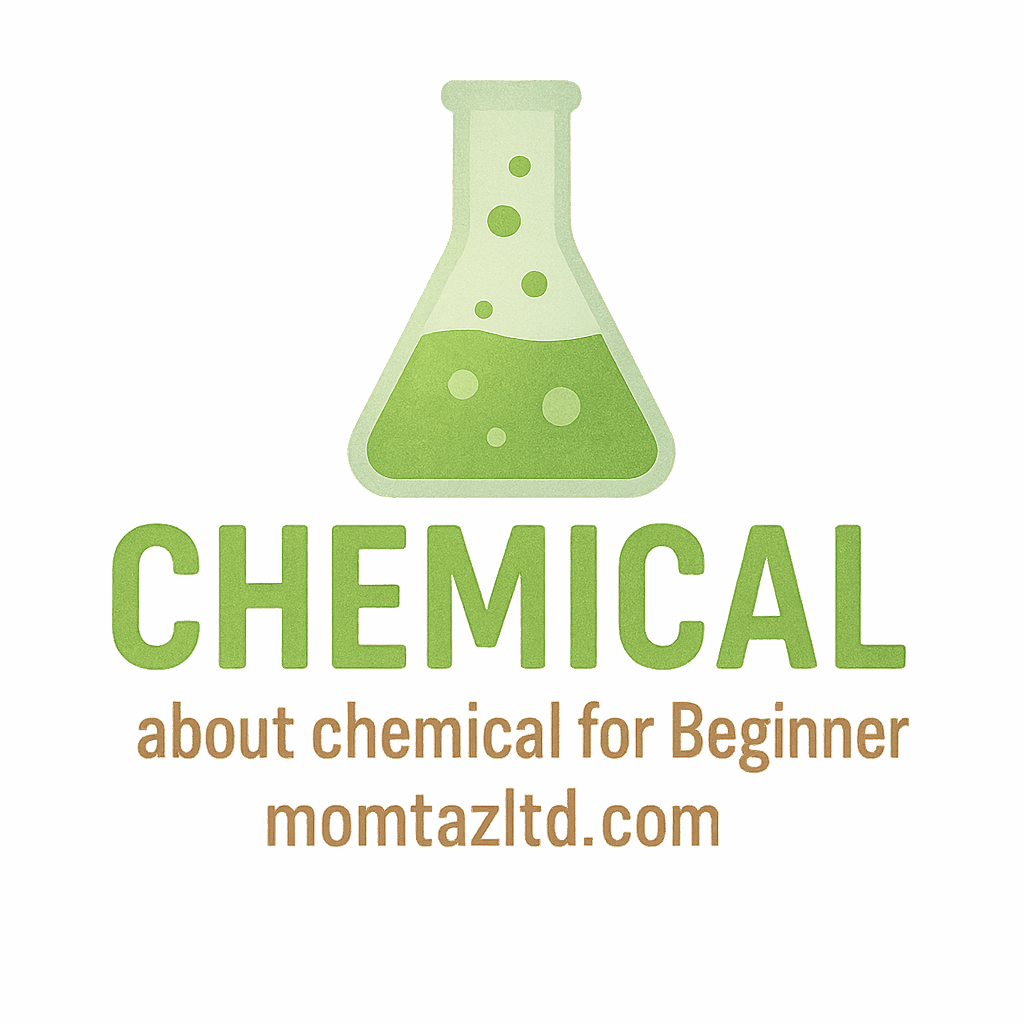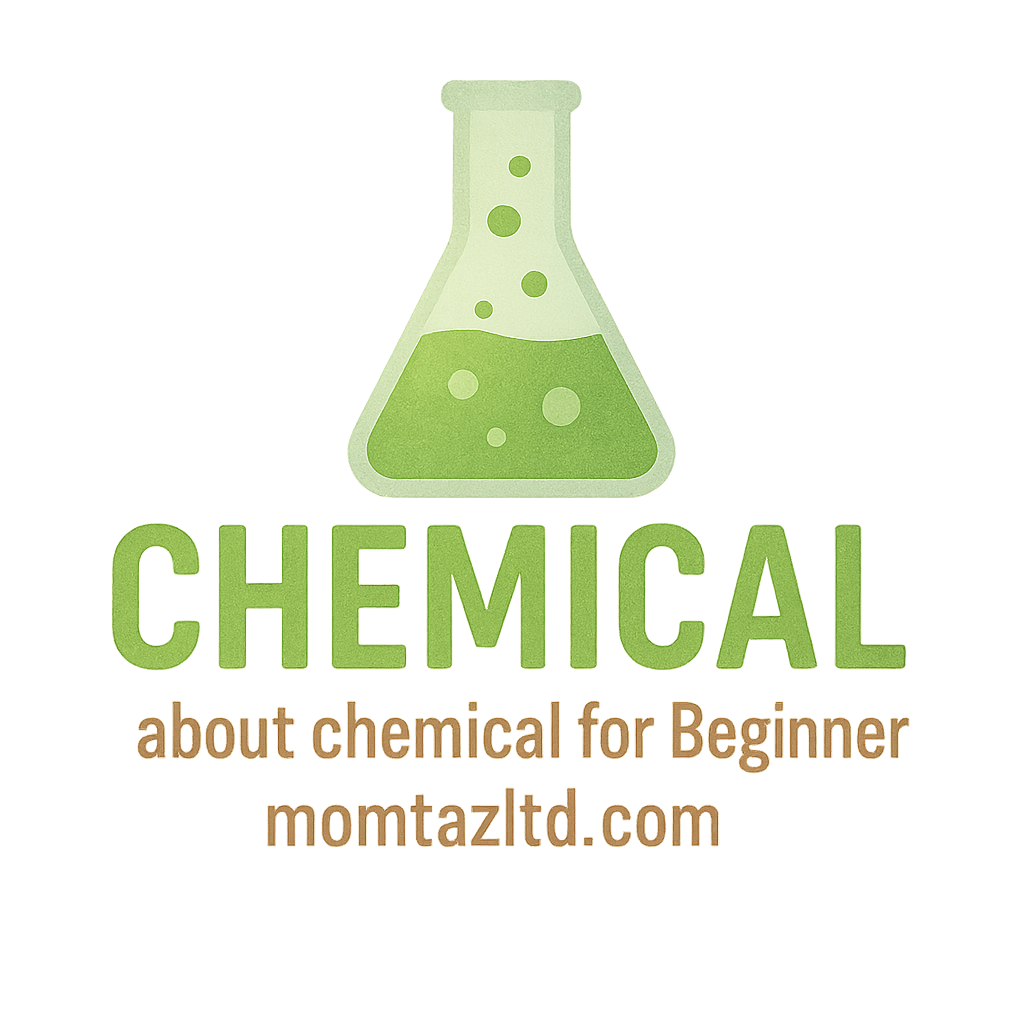Introduction
Starting your journey into chemistry can feel overwhelming. The terms sound complex, the reactions look like magic tricks, and safety warnings can be intimidating. But here’s the truth: chemistry is part of your everyday life—from the soap you use in the morning to the phone battery that powers your day.
In this guide, we’ll explore 10 frequently asked questions about chemicals for beginners, breaking everything down into simple, easy-to-digest explanations. Whether you’re curious about household products, planning a career in chemistry, or just want to understand the basics, this article will give you clarity.
Why Learning About Chemicals Matters
Everyday Presence of Chemicals
Think about your kitchen. The vinegar and baking soda you use for cleaning are chemicals. Your shampoo, detergent, and even the air freshener—yes, all chemicals. Understanding them helps you use them wisely and safely.
For practical reading, check out household chemicals to see how they shape your daily life.
Career and Study Opportunities in Chemistry
Chemistry isn’t just about experiments in a lab coat—it opens doors to industries like healthcare, energy, food, and manufacturing. If you’ve ever dreamed of being a scientist, you might want to look into chemical careers.
FAQ 1: What Are Chemicals?
Simple Definition for Beginners
A chemical is any substance with a specific composition. That includes water, salt, and sugar—things we use daily without thinking.
For a deeper dive, see chemical basics.
Natural vs. Synthetic Chemicals
- Natural chemicals come from plants, animals, or the environment (like oxygen or caffeine).
- Synthetic chemicals are man-made, often designed for specific purposes (like plastics or medicine).
FAQ 2: Where Do We Encounter Chemicals in Daily Life?
Household Chemicals
Your home is like a mini-chemistry lab. Cleaning products, cosmetics, and even cooking ingredients fall under household chemicals.
Industrial Chemicals
Factories rely on industrial chemicals to produce everything from paper to steel. Without them, modern living would look completely different.
Laboratory Chemicals
In schools and research labs, laboratory chemicals are carefully handled to study reactions and create new materials.
FAQ 3: What Is a Chemical Reaction?
Easy-to-Understand Examples
Ever mixed baking soda with vinegar? That fizzy eruption is a chemical reaction. Simply put, it’s when substances change into new ones.
Importance of Reactions in Real Life
- Photosynthesis keeps plants (and us) alive.
- Batteries powering your phone rely on chemical reactions.
- Cooking dinner? Yep, that’s chemistry too!
More insights on reactions: chemical reaction.
FAQ 4: Are All Chemicals Dangerous?
Misconceptions About Chemicals
Many people assume “chemical” equals “toxic.” But even water can be harmful if misused. The key lies in dosage and context.
The Role of Chemical Safety
Chemicals require respect, not fear. Beginners should learn about chemical safety to prevent accidents.
FAQ 5: How Should Beginners Store Chemicals Safely?
Household Storage Tips
- Keep cleaning products out of children’s reach.
- Don’t mix bleach with ammonia—it releases dangerous gas.
- Store products in original containers.
Laboratory Storage Rules
In labs, safe chemical storage involves labeling, ventilation, and separating reactive substances.

FAQ 6: What Are the Most Common Chemical Accidents Beginners Face?
Household Mishaps
- Mixing cleaning agents incorrectly.
- Accidental ingestion by kids or pets.
Lab Incidents
- Spills, burns, and inhalation risks.
Learning about chemical accidents is crucial for prevention.
FAQ 7: How Do Chemicals Benefit Modern Life?
Food and Agriculture
Fertilizers boost crop growth, while preservatives keep food fresh.
Healthcare and Medicine
From aspirin to advanced cancer drugs, chemistry saves lives.
Technology and Industry
Semiconductors, plastics, and renewable energy all rely on chemicals.
Explore more under industrial learning.
FAQ 8: What Career Paths Can I Pursue in Chemistry?
Laboratory Scientists
Working with lab experiments, scientists discover new drugs and materials.
Industrial Chemists
They create solutions for real-world challenges, from fuel efficiency to eco-friendly plastics.
Education and Research
If you enjoy teaching, chemistry opens doors to education and research careers.
FAQ 9: What Are Some Beginner-Friendly Chemistry Experiments?
Safe Lab Experiments
Classic examples: growing salt crystals, testing acids and bases.
Home-Based Experiments
Simple kitchen projects (like making “lava lamps” with oil and water) let you practice chemistry safely.
FAQ 10: How Can Beginners Learn Chemistry Effectively?
Online Resources and Guides
Websites like learn chemical provide beginner-friendly explanations.
Learning from Experts
Seek inspiration from chemical scientists and learn from experts.
Practicing Chemistry at Home
Even small steps, like observing household reactions, build confidence.
Key Terms Beginners Should Know
Basic Chemical Terminology
Explore essential chemical terms such as “compound,” “element,” and “reaction.”
Must-Know Safety Terms
Get familiar with warning symbols, flammability, and toxicity.
Conclusion
Chemistry doesn’t have to be intimidating. By answering these 10 frequently asked questions about chemicals for beginners, we’ve peeled back the mystery behind substances that shape our lives. Whether you’re curious about household chemicals, fascinated by industrial chemicals, or considering a chemical career, your journey begins with curiosity and grows with practice.
So next time you see a cleaning spray or pop open a soda can, remember—you’re looking at chemistry in action.
FAQs (7 Extra Unique Questions)
Q1. What’s the difference between an element and a compound?
An element is made of one type of atom, while a compound combines two or more elements chemically.
Q2. Can I teach myself chemistry without a lab?
Yes! Online resources, books, and at-home experiments can give you a strong foundation.
Q3. How do I know if a chemical is safe to use?
Check its label, safety instructions, and Material Safety Data Sheets (MSDS).
Q4. Why are chemical symbols important?
They’re universal shortcuts that help scientists communicate globally.
Q5. What’s the easiest chemical experiment for beginners?
Mixing vinegar and baking soda—it’s safe, simple, and shows a reaction in action.
Q6. How does chemistry connect with biology and physics?
Chemistry is often called the “central science” because it bridges biology, physics, and environmental science.
Q7. Are eco-friendly chemicals real?
Yes. Green chemistry focuses on designing products and processes that minimize environmental harm.


